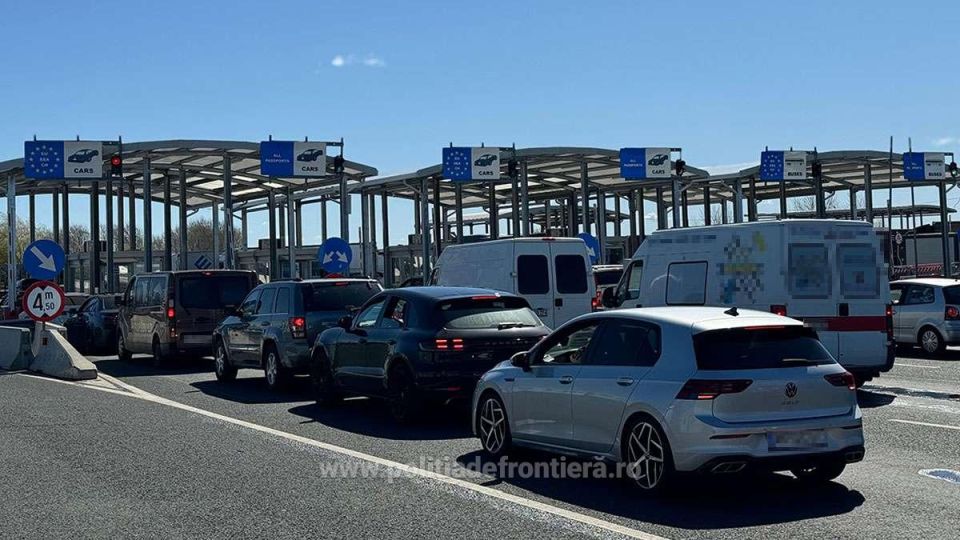New Large-scale Protests in Chisinau
Never, in the past 25 years, since the Republic of Moldova proclaimed its independence, has the situation been so tense in Chishinau.

Bogdan Matei, 05.10.2015, 14:06
This years general elections and the latest sociological research studies were pointing to the ideological divide in the Republic of Moldova, a country split between pro-Europeans and pro-Russians, between anti-communists and the USSR nostalgics. These factions are themselves split right now, with each group developing radical tendencies.
The three party ruling coalition of pro-Western orientation, made up of the Liberal-Democrats, the Democrats and the Liberals came to power six years ago on top a wave of public discontent at the long series of abuse and corruption of the pro-Moscow communist rule of the 2001-2009 period. The stake back then, which earned them their mandate, was the countrys European integration.
Last year the Republic of Moldova signed Association and Free Trade Agreements with the European Union, 2020 being set as the envisaged accession target. However, members of this pro-European Government, in turn, became the targets of huge corruption scandals. The last drop came at the end of last year, when 1 billion dollars mysteriously disappeared from the Moldovan banking system, accounting for 15% of the countrys GDP.
This was simply unacceptable for the population, whose contribution was key to instating the current power. In the last month, the “Dignity and Truth Platform, a coalition of pro-European NGOs has been organizing rallies in downtown Chisinau, with daily turnouts of tens of thousands of people. Protesters want to hold accountable high-ranking corrupt officials, whom they see responsible for the countrys degrading economy.
Some protesters have gone as far as labeling Moldova a failed state, openly promoting the idea of re-uniting with neighboring Romania as the only possible solution to fulfill the European standards of equality, democracy and economic development. Against the rising tensions, the socialist and populist opposition has stepped in, blocking the city center and calling on president Nicolae Timofti to step down. The central figure of the anti-presidential strain of the protest movement is Socialist leader Igor Dodon, a known associate of Populist Mayor of Balti, Renato Usatii, whose election campaign was financed by Moscow. In turn, president Timofti admitted the anti-government protests were prompted by a general discontent towards the performance of public institutions and some officials.
The president has warned, however, that the protests risk being manipulated by pro-Russian revanchist groups seeking to turn the internal turmoil in Moldova to their own advantage and thus block the countrys efforts to join the EU. Last week, Bucharest announced it would give Moldova a 150 million euro refundable loan. The Romanian Prime Minister Victor Ponta claimed that unless Moldova received support, it risked falling back under the control of the pro-Russian political factions.






























